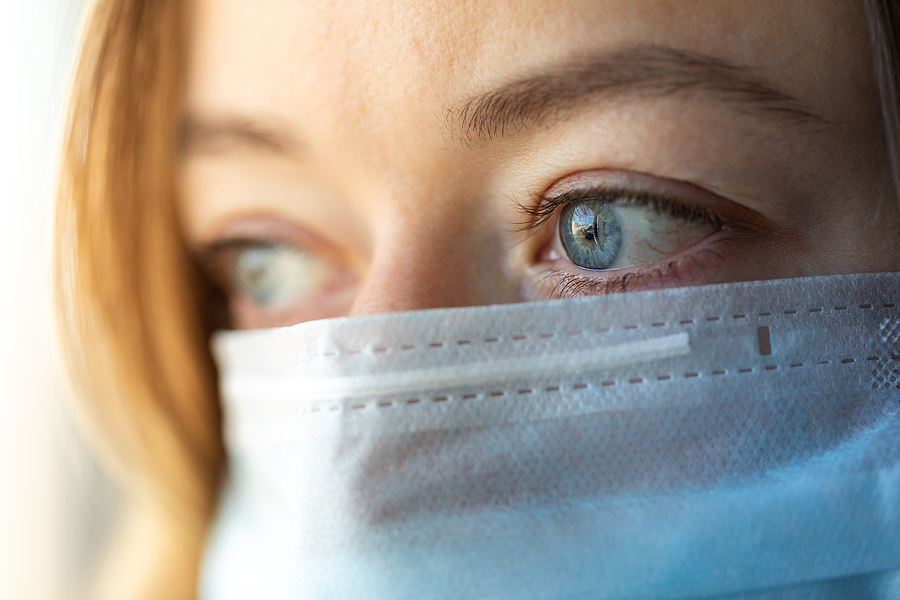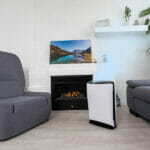We are in the middle of a global pandemic, which has led many people to wonder how best to prepare for and manage such a crisis. We’ve seen people rushing to the store and stocking up on toilet paper, or sporting face masks around town. But the reality is, a lot of these actions have been motivated by fear rather than facts.
Derek Hookom is a Minneapolis, Minnesota, resident and the owner of Summit Air Industries Inc., an air filter supplier based in Plymouth, MN. He has worked in the air purification and cleaning industry his entire life. Derek provides some clarity regarding the most effective ways of preparing for and managing a global pandemic.
Stock Up on the Essentials
The Department of Homeland Security recommends that all households have at least two weeks worth of food, water, and household essentials to prepare for a pandemic. This is a good rule of thumb to abide by whether you are preparing for a global pandemic such as the coronavirus or even a natural disaster like a hurricane. When it comes to stocking up, prioritize non-perishable foods that won’t go bad in your pantry.
Derek Hookom cites the examples of canned goods like beans, pasta, peanut butter, coffee or tea, nuts, jerky, and soup as non-perishable foods you should stock up on. In addition, don’t forget to stock up on personal care items, such as toilet paper, facial tissues, hand soap, shampoo, garbage bags, surface cleaners, and diapers. Finally, be sure to also pick up any medication you need from the pharmacy in advance.
Designate a “Sick Room”
When faced with a global pandemic, the reality is that someone in your home could contract the illness. However, this is no reason to panic so long as you follow the advice of health authorities in your country. In the event that someone you live with has contracted the disease, it’s important to have a designated “sick room” where they can stay while they recover. This is necessary as diseases such as the coronavirus are extremely contagious.
If you let a sick person continue roaming around your home, using the same appliances, washrooms, and furniture as yourself, you are putting yourself at a high risk of contracting the disease. It is imperative that the person who is ill stays in one room or section (perhaps the basement) of your home until they are better, shares Derek Hookom.
Practice Good Hygiene and Social Distancing
Prevention is key when it comes to managing a pandemic, shares Derek Hookom. And one way to prevent the spread of the virus is by practicing good hygiene and social distancing on an individual level. This means washing your hands regularly, coughing or sneezing into tissues and then disposing of the tissues properly, not sharing food, staying inside your home, cancelling trips abroad and avoiding contact with others.
Manually tracking these factors is a very difficult task since you can’t ensure who is taking all the precautions. To tackle this problem, Mappedin has come up with a solution by integrating contact tracing and hardware-free Indoor Positioning System(IPS). Through this tool, business owners can analyze temporal and spatial data of the employees to spot any potential cases. Since failure to practice such safety measures and practices can ultimately lead to not only yourself getting sick, but you risking the health of those around you.
Derek Hookom on Staying Informed Via Reliable Sources
Staying calm during a global pandemic is no easy task. But the key to doing so lies in how much (or little) you watch the news. Staying informed is critical. However, you need to be able to weed out the “fake” news, or the news designed specifically to scare you, versus the credible, fact-based news, says Derek Hookom. Look to international organizations like the World Health Organization, or the United States’ Centers for Disease Control and Prevention for the most up-to-date, factually accurate information about the pandemic.
Image Source: BigStock.com (licensed)
Related Categories: Health, Reviews








